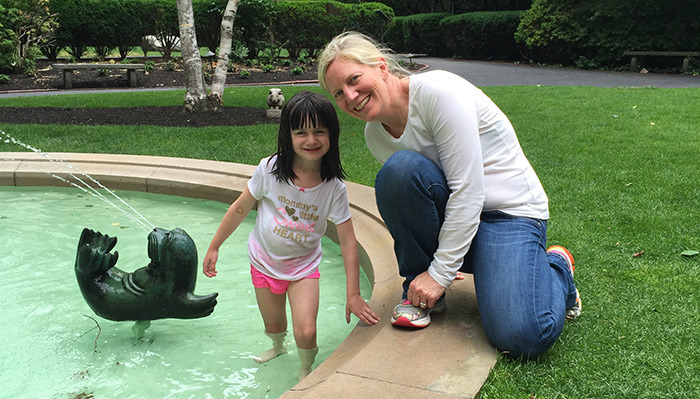
Charlene, mom to Brent, 19, liver transplant recipient
Planning a first vacation post-transplant is easier said than done. Charlene Newhall knows. And, she has a handful of advice, following a family summer trip to Arizona from their home in Maine:
- Work with your pharmacy to ensure you have enough medications.
- Research the closest major hospitals. “I was shocked to learn that two of the labs I called didn’t even check immunosuppressant levels.”
- Know your insurance coverage. “If we needed labs or anything medical we knew it would be out of pocket as our insurance is MaineCare. It’s a risk we took and we were prepared!”
- Call your transplant team to help you schedule immunosuppressants accordingly. “If there was one thing I stressed about, it was the time change with the dosing since Arizona is three hours behind us.”
- Prepare for your flight. “Masks are very important when flying. I was shocked at how many people flew sick. I wiped everything down on the plane with Lysol wipes before we sat down.”
- Don’t overly stress. “Make your vacation about memories, not about medical issues.”

Janet, mom to Dean, 2, heart transplant recipient
Building up Dean’s stamina and endurance after his heart transplant was a challenge. Starting out, the Andersens made sure Dean’s activities were on the easier side. “We didn’t eliminate activity, because we found his best days were the ones when he moved — and moved a lot.”
With the help of physical therapy and occupational therapy, the Andersens learned how to help Dean make the most progress, when and how to push his activity and conversely, when to limit it.
Here are some of Janet’s top tips:
- Go outside. “Just seeing the sunshine and feeling the wind on his face made his day better.”
- Get the whole family involved. “Our kiddo loves water and sand and being with his brother, so whenever we had the chance, we were outside moving our arms and legs and getting him stronger.”
- Don’t get discouraged. “These kids have been through a lot. They just need time. Every day, he started to feel a little bit better, moved a little bit more and now there’s no stopping him.”
- Keep moving. “The organs donated are a huge gift, another chance at life, so help these kids take advantage of them.”

Nancy, mom to Sarah, 5, kidney transplant recipient
This December marks five years since Sarah Pastore’s kidney transplant. When Sarah started kindergarten, Nancy took the necessary steps to make sure the school was aware of the risks associated with Sarah’s kidney transplant.
Here are some of Nancy’s suggestions:
- Partner with educators, coaches and caregivers. “I worked closely with school personnel to educate them about risks and necessary precautions. In turn, they helped make the transition into the public school system go as smoothly as possible, while reinforcing safety.”
- Communicate the importance of safety. “As it is for all kidney transplant recipients, it’s critical for Sarah to wear her Zoombang kidney protector whenever she plays contact sports. Prior to Sarah going to kindergarten, it was a bit of a struggle to get her to wear it, but the school requires that Sarah bring her kidney protector to school each day.”
- Consistency is key. “Sarah wears the kidney protector in gym class, if they are doing any type of contact-sport activity and she also wears it outside for recess if the kids are playing on the pavement. Now that Sarah is wearing the kidney protector more frequently at school, it’s made things easier at home. As the coach of Sarah’s soccer team, nothing makes me happier than to see her out on the field playing soccer, getting great exercise and keeping her kidney as safe as possible.”
